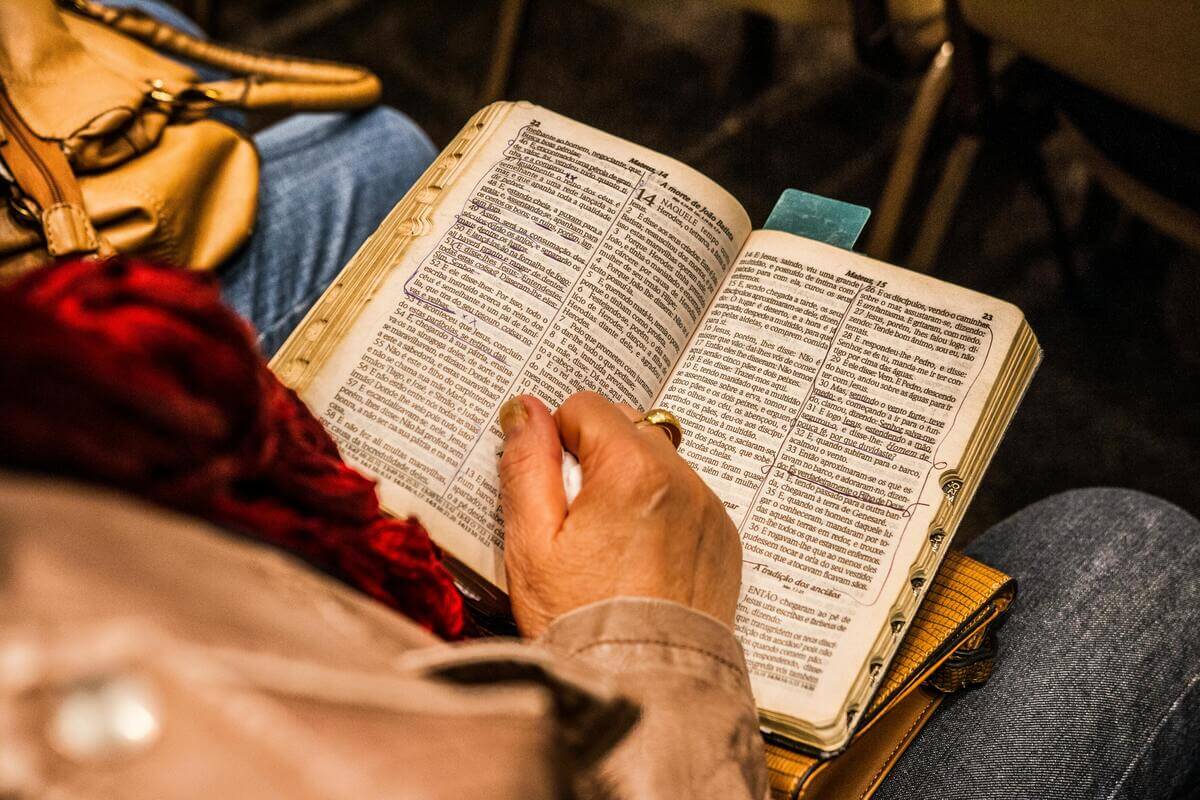The Search for God Page 4.2.1.1
Personal Interest
Personally, I love math. Ever since I was a little boy, math has been fun and easy. You take these numbers or equations, and you solve a problem. The answer is consistent, there is no “what was the author thinking when they wrote gobbledygook poem?”
Oh I like poetry too, but the answer to questions regarding poetry always seemed elusive. Why wouldn’t we just look at what the author’s interpretation was? Anyway, I digress. Back to math, ah math, have I told you I love math?

Algebra was double fun; you get concrete answers with a mystery to solve, not some Agatha Christie slasher murder mystery, but a mystery nonetheless. Algebra had a process, an order of operation, step 1, step 2, and so on.
At the end, x = some number. Then the final step, verification, plug that number back into your equation and voila, you know with 100% certainty you are right; any errors would be revealed.
Verification
In this book, I have been advocating for a step-approach beginning from the individual evaluating what we know and searching for God. Now that we are getting close to running the world religions through our evaluation, I thought it fitting to discuss something that honestly never occurred to me until many years later.
Actually, at the time of the writing of this book, it had not occurred to me until last night—verification. When most beings communicate, they reveal the following:
If humans are seeking knowledge about death, ultimate reality, or evil and another person or God offers that knowledge, how do we verify that information to be correct?
I mean, that knowledge is beyond us; anybody could offer snake oil or some talisman guaranteed to cure whatever ails ya. In science, there are double-blinded placebo-controlled trials. How about this being, God?
We have started this search from a human perspective using reason and our senses to determine the attributes we would expect from God through human knowledge, philosophy, science, and history.
If you look at the list on the God Verification Checklist this is a heavy load to bear. The main thing we are looking for is a being with all-knowledge.
When God speaks and provides his knowledge, his identity, and purpose, we then go back and check the boxes to determine if his identity meets our expectations. We are seeking God’s knowledge and purpose, but we verify his identity.

He would tell the future.
Foreknowledge
I mean lots of people can explain why we die and what happens after we die, but why should I believe them? However, if someone tells me this knowledge then provides knowledge about the future, not once but multiple times, and those things happen, then to me that is a huge verification of all-knowledge.
Therefore, within the religious system, there should be claims to foreknowledge, such as the following:
Is There Any Other Way To Verify All-Knowledge?
During my initial consideration back in college, I knew that what most call prophecy and miracles should be demonstrated, but I never thought to provide criteria like the criteria I developed for history until last night.
But the natural outflowing of communication and verification of all-knowledge should be something happening outside our lifetimes. I mean, it is not much of a prophecy if you say the stock market is going to go into a bear market next year or Russia is going to attack Ukraine in the next two years.
How about something that will happen in 50 years? How about 70 years? Or 500 or 1000 years? Can we find such a verification? That would be a huge verification of all-knowledge (omniscience).
This foreknowledge takes something unknown, the future, and makes it known, which then humans can with their senses and reason confirm and check the answer and say, “Wow, this being, this God, does have all-knowledge.”
Other Ways Of Communication
So we should also believe God regarding death and evil, other things that are unseen and unknown. There is a second feature about foreknowledge communication that verifies all-knowledge. God could communicate in dreams, visions, or direct conversation, but that is a single, one-on-one communication.
Once the receiver writes down the prophecy communication, the communication becomes external and falsifiable, but also provable. Communication becomes binary in a sense.
Remember how we said atheism can never prove God does not exist, they must prove each instance of a being who claims to be God must be false and therefore no God has spoken, and therefore no God exists with those attributes.
So they have to falsify other religions because they cannot prove their assertion. So this communication from God is entirely falsifiable, which means it can be proven false. This is a heavy, heavy burden for any claimed communication from God.
Foreknowledge (prophecy):
Foreknowledge verifies God’s communication.
What Next?
- What is the crucial concept?
- Humans want knowledge about unseen concepts. Prophecy (God’s foreknowledge) makes the unseen visible for all humans to prove or disprove.
- Why is that significant?
- If multiple foretold events are proven true, do your best Mike Meyers’ Wayne’s World impersonation, “We’re not worthy!”, all the while bowing down.
References And Links
Does Fulfilled Prophecy Prove Christianity?
- News Medical Life Science – Double-blinded placebo-controlled trials
- Life Hope And Truth – Why we die

Leave a Reply